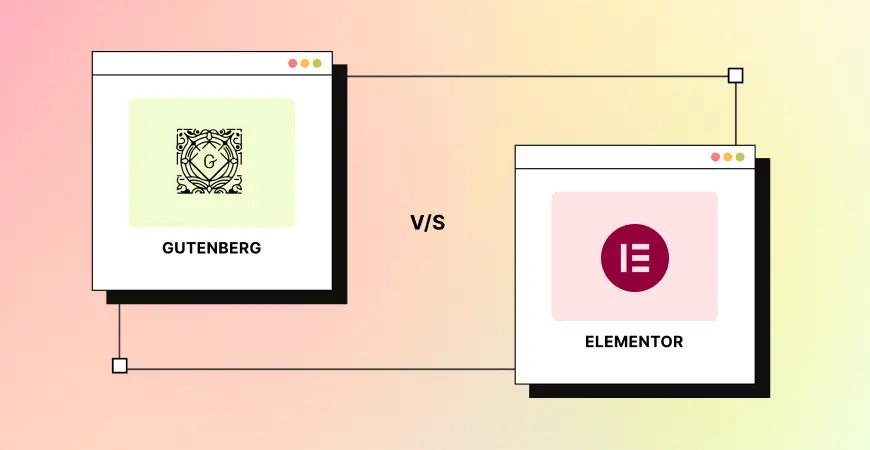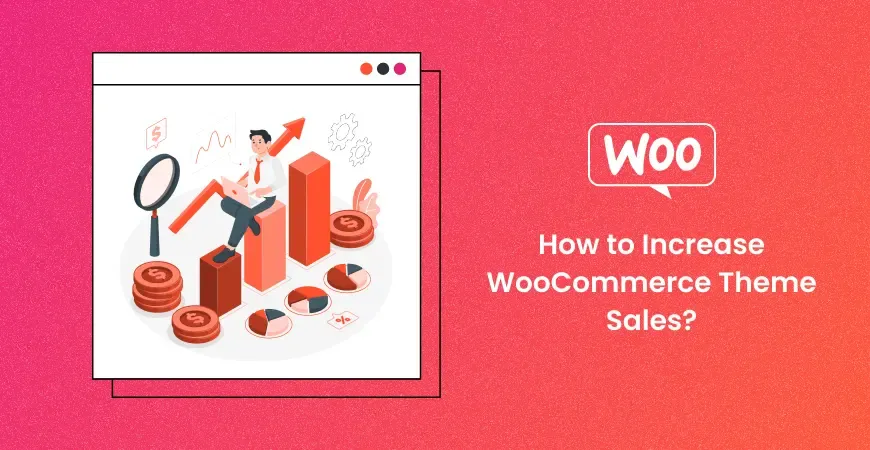Many web designers have come around to the advantages of page builders in recent years due to WordPress' popularity and the simplicity with which they can be used among the available WordPress page generators. Elementor is the most well-liked.
In response to the rising popularity of visual builders, the WordPress community, led by Automattic, introduced the new Gutenberg block editor in WordPress 5.0. Since its release, the number of people making themes and plugins for Gutenberg has increased significantly.
Without further ado, let's compare and contrast the two construction firms.
As of May 2020, there have been five million installations of Elementor, making it the most widely used WordPress page builder. The rapid rate of development, simple interface, and thriving ecosystem have all contributed to the exponential growth of its user base since its 2016 debut.
With this page builder's intuitive drag-and-drop interface and a plethora of design settings, you can make extensive changes to your website's appearance with ease.
What is Gutenberg?
WordPress's block editor, Gutenberg, debuted in 2018 with the release of WordPress 5.0. Since its debut, Gutenberg has been WordPress's default post/page editor since its debut.
WordPress developed Gutenberg to facilitate easier website creation, maintenance, and distribution. Implementing a system of modular components that may be set up anywhere has enormously aided in accomplishing this objective.
This means that in addition to being a content editor, Gutenberg can also be used as a visual editor without programming.
Gutenberg vs. Elementor: Ease-of-Use
- Let's compare the user-friendliness of Elementor and Gutenberg first. Gutenberg has a substantial advantage in this respect. This is why.
- Since Gutenberg is WordPress' default editor, it makes no difference whether plugins or themes you choose to use. You won't ever have to worry about incompatibility again. Anyone who manages a website with WordPress is also familiar with the UI. Instead, Elementor adds another layer of complexity in the form of a plugin that isn't integral to WordPress.
- Since it's different from anything else out there, a slight learning curve may be involved, particularly if you don't consider yourself "tech-savvy. Remember that the Elementor developers purposefully made the editor's interface simple. However, Gutenberg is your best bet if you want an editor that won't take you long to learn.
Gutenberg vs. Elementor: Ease-of-Use
- Let's compare the user-friendliness of Elementor and Gutenberg first. Gutenberg has a substantial advantage in this respect. This is why.
- Since Gutenberg is WordPress' default editor, it makes no difference whether plugins or themes you choose to use. You won't ever have to worry about incompatibility again. Anyone who manages a website with WordPress is also familiar with the UI. Instead, Elementor adds another layer of complexity in the form of a plugin that isn't integral to WordPress.
- Since it's different from anything else out there, a slight learning curve may be involved, particularly if you don't consider yourself "tech-savvy. Remember that the Elementor developers purposefully made the editor's interface simple. However, Gutenberg is your best bet if you want an editor that won't take you long to learn.
Gutenberg vs. Elementor: Responsiveness
- Elementor and Gutenberg were designed from the ground up to be mobile-friendly. Your site's mobile experience will be positive regardless of your chosen framework. However, if you choose to use Gutenberg, there is something to think about. We all know that WordPress uses the Gutenberg editor by default.
- It is compatible with any theme, although it is recommended that you choose a mobile-friendly, responsive theme. The Gutenberg editor will not instantly make a non-responsive theme responsive if you select it. So, before installing a theme, ensure you've researched it well.
Gutenberg vs. Elementor: Page Speed
- Everyone knows that if they want people to read their content, they need their website to load fast. Therefore, page load time should be a high priority when selecting.
- Gutenberg is more streamlined and quick to load because of this. If you care most about how quickly your pages load, use Gutenberg. This is because fewer unnecessary components slow down your site's loading time.
- Elementor isn't the slowest page builder out there compared to its rivals. But in terms of page load time, it falls below Gutenberg.
Gutenberg vs. Elementor: Pricing
- The fact that Gutenberg costs nothing makes it a great value. This editor is completely free to use at any time. However, Elementor has both free and premium versions available. The capabilities of Elementor's free edition may be sufficient in certain instances. However, you might need to upgrade this plugin if you want to make the most of it.
- There are four choices, so you may pick the one that best suits your company. The Essential Plan is the cheapest paid option each year at $59 and covers a single website. The next level up is the Advanced Plan, which offers support for three websites and costs $99 annually. The next tier-up is the $199/year Expert Plan, which supports up to 25 websites. The Agency Plan for 1000 Websites is the last but certainly not the least. The annual fee for the Agency Plan is $399.
Gutenberg vs. Elementor: Which page builder is better?

You Should Use Gutenberg If:
Gutenberg is the most excellent option for most websites because of its versatility. Since it is the default choice for WordPress, you can rest sure that it has the backing of the WordPress team.
Furthermore, there is minimal to no learning curve involved in using it.
Gutenberg may lack Elementor's extensive customization capabilities, but it provides enough for everyone but the most experienced bloggers.

You Should Use Elementor If:
Websites that need elaborate, individually designed pages can benefit significantly from using Elementor. Or if you want to create a site different from the typical blog, news website, or page site.
With Elementor, you can individually alter how each page looks. This is because you can have a total creative influence on the face of any given page with Elementor. Therefore, Elementor is an excellent option if you require it for a particular post or page.
Elementor is a fantastic builder that offers much freedom while being more complicated than Gutenberg and less dependent on the WordPress framework.
Use Gutenberg for the great majority of your projects, it is advised. It's the default choice in WordPress, and its support will only increase over time. However, choose Elementor if you need a more complicated site whereby the page structure and functionality need fine-tuning.
It's a robust instrument with several optional enhancements that might be useful. Although the interface is novel and may need some learning, it is effective if mastered.










